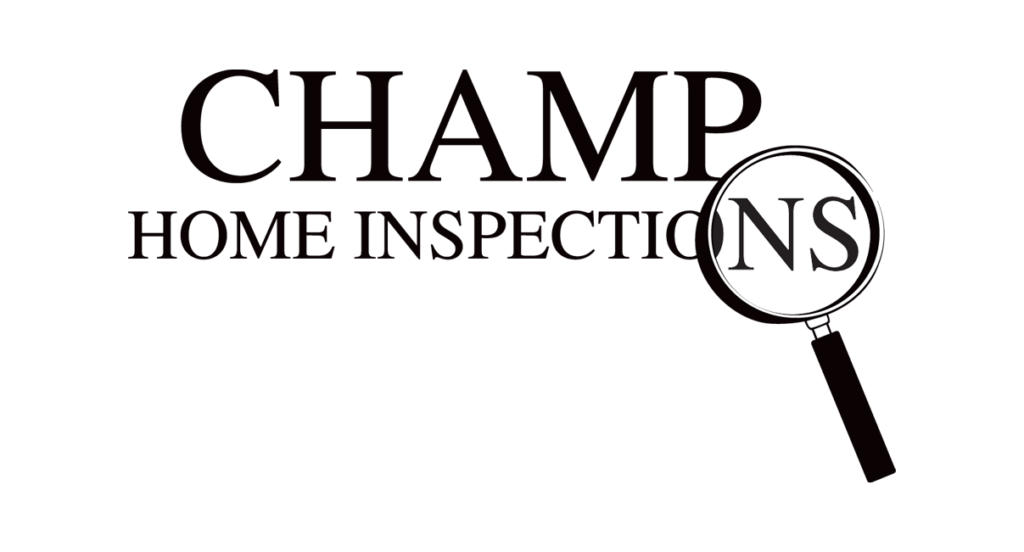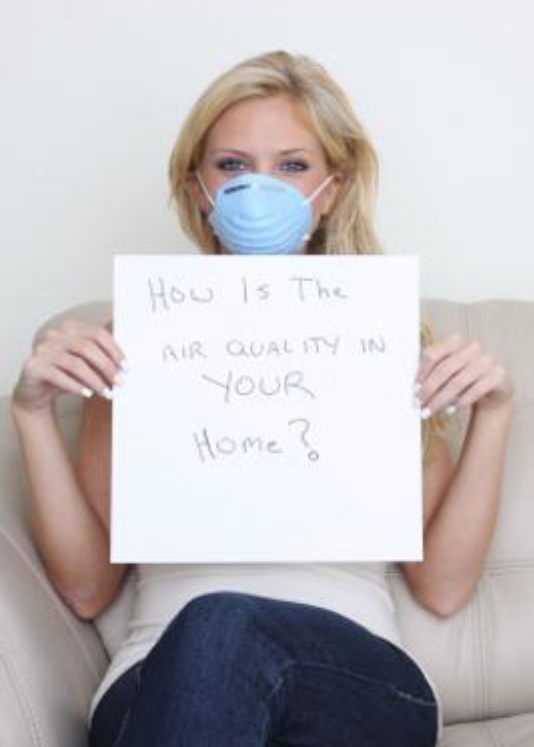
- Protect your biggest investment
- Live healthier
- Because you’re not only buying a home, you’re also buying the air in it.
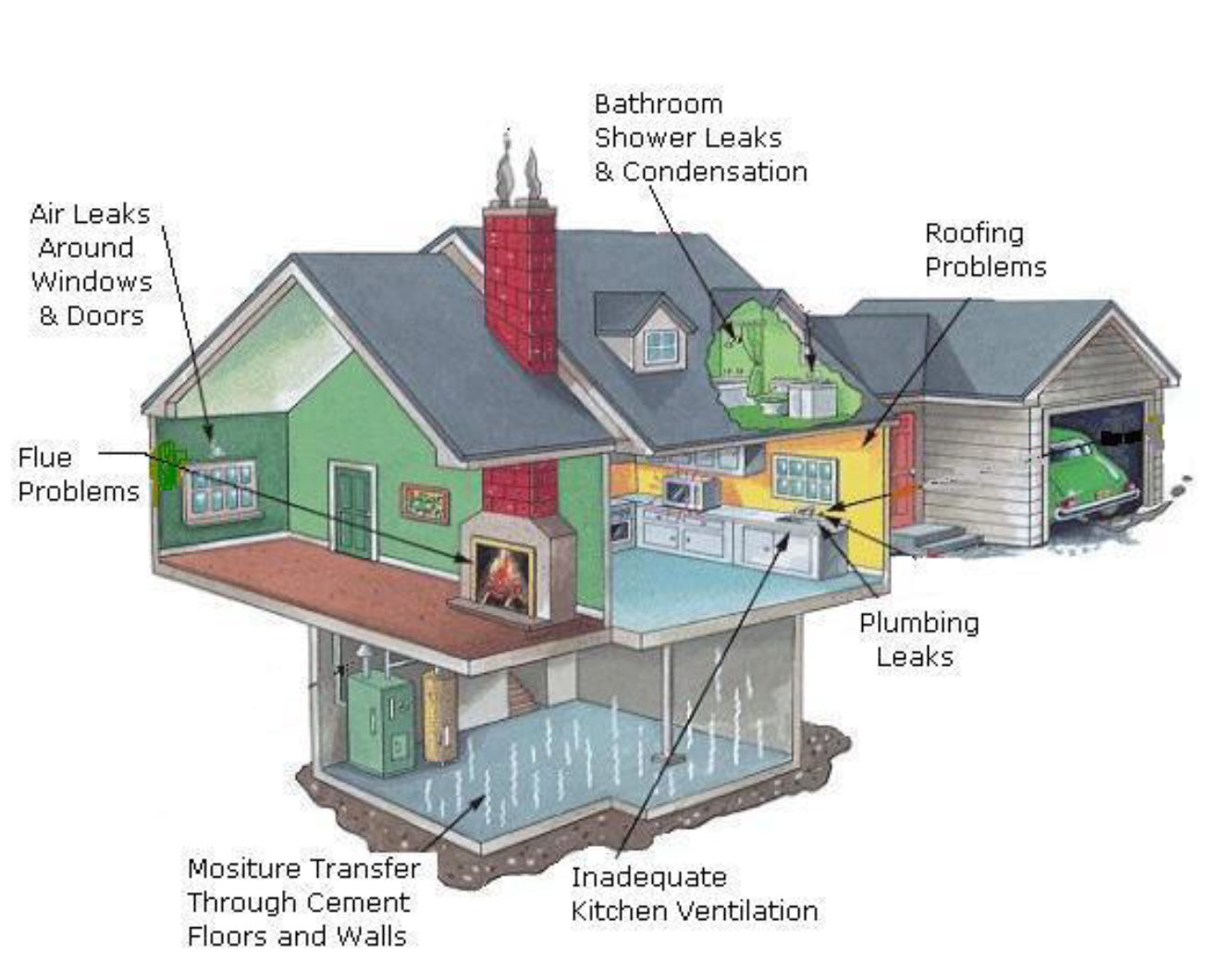
Most people spend as much as 90% of their time indoors and are not aware of the health hazards created by mold.
What is Mold? What is a Mold Spore?
- Mold eats and destroys normal building materials used in
your home when they get wet - Mold reproduces and spreads by shedding microscopic mold
spores in the air - Mold spores travel through the air and we breathe them in –
sometimes in large enough amounts that are unhealthy. - Indoor mold types that can damage your home and health
include:- Aspergillus / Penicillium / Trichoderma
- Stachybotrys / Chaetomium / Ulocladium
- Cladosporium / Alternaria / Curvularia
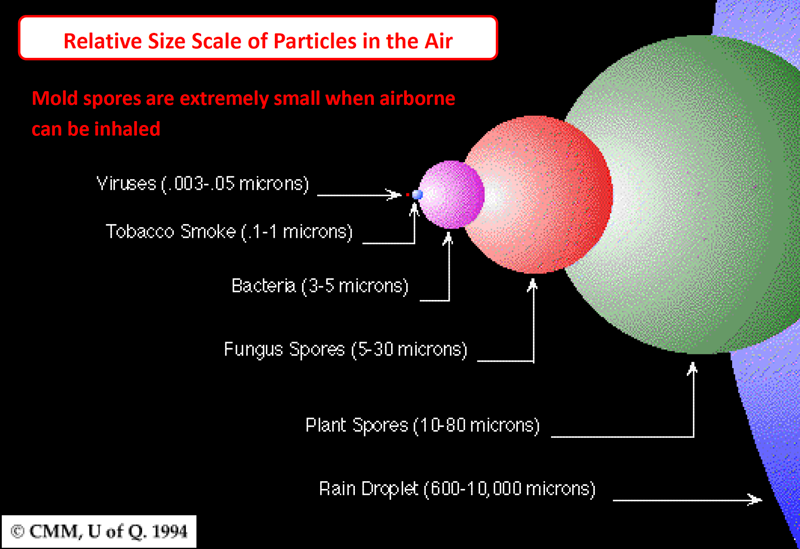
What does mold do when growing in buildings?
- Ruins building materials
- Destroys personal possessions
- Can cause allergies
- Can trigger asthma
How can I be exposed Mold?
- Breathing in spores from air
- Skin contact from handling moldy items
- Eating moldy foods
- Contact with moldy clothing, carpet, drapes, furniture, fabric & leather
Mold Facts You Need To Know
- Water is the problem, mold is the result of excess water
- Mold can grow and produce spores in as little as 24 – 48 hours
- Most thrive in temperatures we feel comfortable in
- Airborne mold can be inhaled
- Presence of mold growth can impact your health, at home, the office or school
Health Effects of Mold Exposure
- Allergic Reaction (Most Common) – Caused by inhalation or direct contact with mold
- Asthma (Second Most Common) – Mold spores can trigger an attack and make asthma worse
- Hypersensitivity- Developed after acute or chronic exposure
- Opportunistic Infections – Cause disease in rare circumstances
Should I have my home tested for mold?
If you answer “YES” to any of the following questions, it is recommended you test right away!
Have you had recent indoor water event?
50% of all homes have been water compromised (even brand new homes)
Common causes:
- Recent severe storm (wind and rain)
- Construction defects
- Poor filtration in HVAC
- Plumbing problems
- Improper insulation, ventilation or grading
- Basement floods or leaks
- Roof /ceiling leaks
- Presence of items that are damaged by water
Have you seen visible mold?
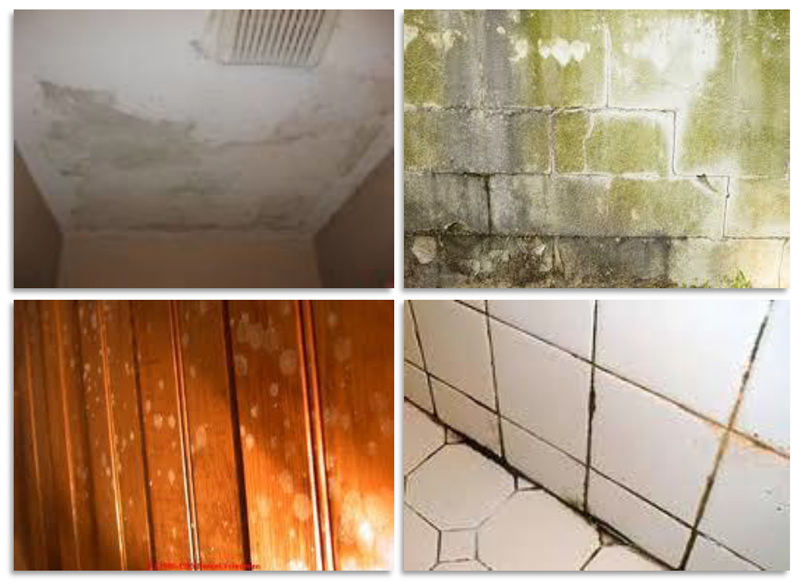
Any substance growing that looks:
Velvety • Slimy • White • Black • Green • Pink • Smelly • Discoloration
Do You Experience Any Sensitivity?
Exposure to mold is known to cause:
- Itching or irritation of the eyes, nose, throat or skin.
- Burning sensation on skin or rashes
- Sinus infections or congestion (runny nose)
- Musty odor
- Respiratory problems (sneezing or coughing)
- Frequent or onset headaches or migraines
- Changes in breathing patterns
- Fatigue
Where to Check for Visible Mold
- Bathroom
- Around the bathtub or shower
- Around & Under sink
- Under & Behind Toilet
- Around bathroom vanity
- Kitchen
- Around & Under the sink where leakage might occur
- Behind and Under Refrigerator
- Floors, wall cavities and ceilings directly above or below a bathroom or kitchen
- Attic & Basement Spaces
- Laundry Area
- Around Water Heater
- Around & Inside AC Unit & Vents
- Garage (Especially when directly attached to entrance of home)
- Clothing
- Carpet & Rugs
- Behind vinyl wall coverings
- Surface walls behind furniture
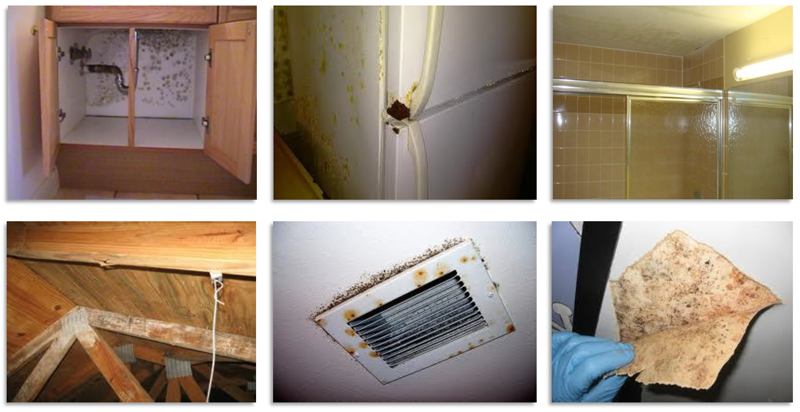
Why Should You Test?
- To answer the question, “Do I have a hidden mold growing in my home?”
- To know what kind of mold you may have
- To avoid unseen potential health risks
- To maintain the healthy state of your home
- To solve building defects such as dry rot, warping and deterioration of your home
- To avoid future expense of a massive remediation
- Peace of mind when buying or selling a house
Mold Testing Made Simple
- Your home inspector has been trained and educated by PRO-LAB® to collect the appropriate samples
- Your home inspector will take one air sample per 1000 square feet, including a control sample outside
- Your home inspector will also collect a swab or tape sample from any visible mold growth
- You will get a quick and accurate results
- You do not have to do anything, your home inspector will take care of everything for you
